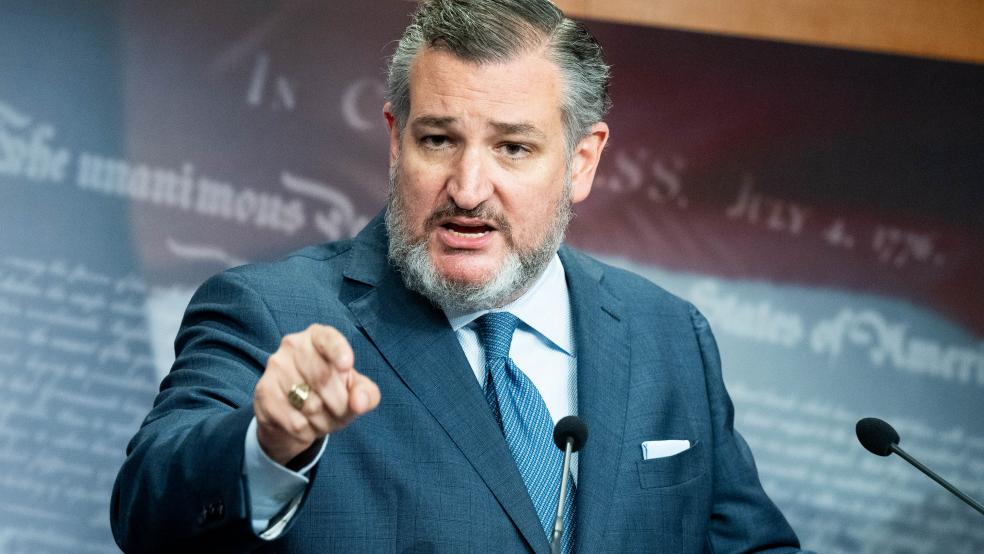Some fiscal experts are still scratching their heads over a proposal floated by presumptive Republican presidential nominee Donald Trump to eliminate taxes on workers’ tips. The idea seemingly arrived out of nowhere, with little grounding in economic history or theory other than a general objection to all taxation. And it would come with a hefty cost estimated to be as high as $250 billion or more over 10 years.
Republicans in the age of Trump aren’t letting that bother them, though, betting that the idea, however random it may seem at first blush, could provide real political benefits, not least in Nevada, where Trump initially raised the idea earlier this month. At a rally, Trump said that if he wins in November, “hotel workers” and “people that get tips” — groups that are thick on the ground in the key toss-up state — are “going to be very happy, because when I get to office, we are going to not charge taxes on tips.” The former president vowed to change the tax rules “right away.”
However, a president would need help from Congress to make such a change. Rising to the occasion Thursday, Sen. Ted Cruz, Republican from Texas, introduced a bill that would do just that. The bill is co-sponsored by Republican Sens. Steve Daines of Montana, Rick Scott of Florida and Kevin Cramer of North Dakota.
The No Tax on Tips Act would exempt all tips — which are broadly defined to include tips delivered via credit cards and checks in addition to cash — from federal income tax. Tipped workers would simply deduct the income on their tax forms.
In a statement, Cruz said the bill is “pro-worker” and “common-sense,” designed to help workers “deal with the historic inflation caused by the Biden administration.”
Not all conservatives are jumping on board, though. Referring to a similar bill introduced in the House earlier this week by Republican Reps. Thomas Massie of Kentucky and Matt Gaetz of Florida, with Rep. Marjorie Taylor Greene of Georgia as a co-sponsor, Texas Rep. Chip Roy, a member of the House Freedom Caucus, asked why tipped workers should be treated differently than other low-wage workers — a complaint heard across the pollical spectrum.
Fiscal conservatives are even less enthusiastic. Brian Riedl, a budget expert at the conservative Manhattan Institute, said Thursday that Cruz’s bill is one of the “silliest tax proposals” he has seen. “It complicates the tax code,” he wrote on social media. “It induces income shifting (reclassify as tips). It serves no national purpose. It adds to the debt.”
Speculating about how such a bill could emerge, Riedl suggested a simple political explanation: It’s “an election year & there are voters [to] buy.”
Taxes
Ted Cruz Offers Bill That Would Exempt Tips From Taxes

Michael Brochstein/Sipa USA



